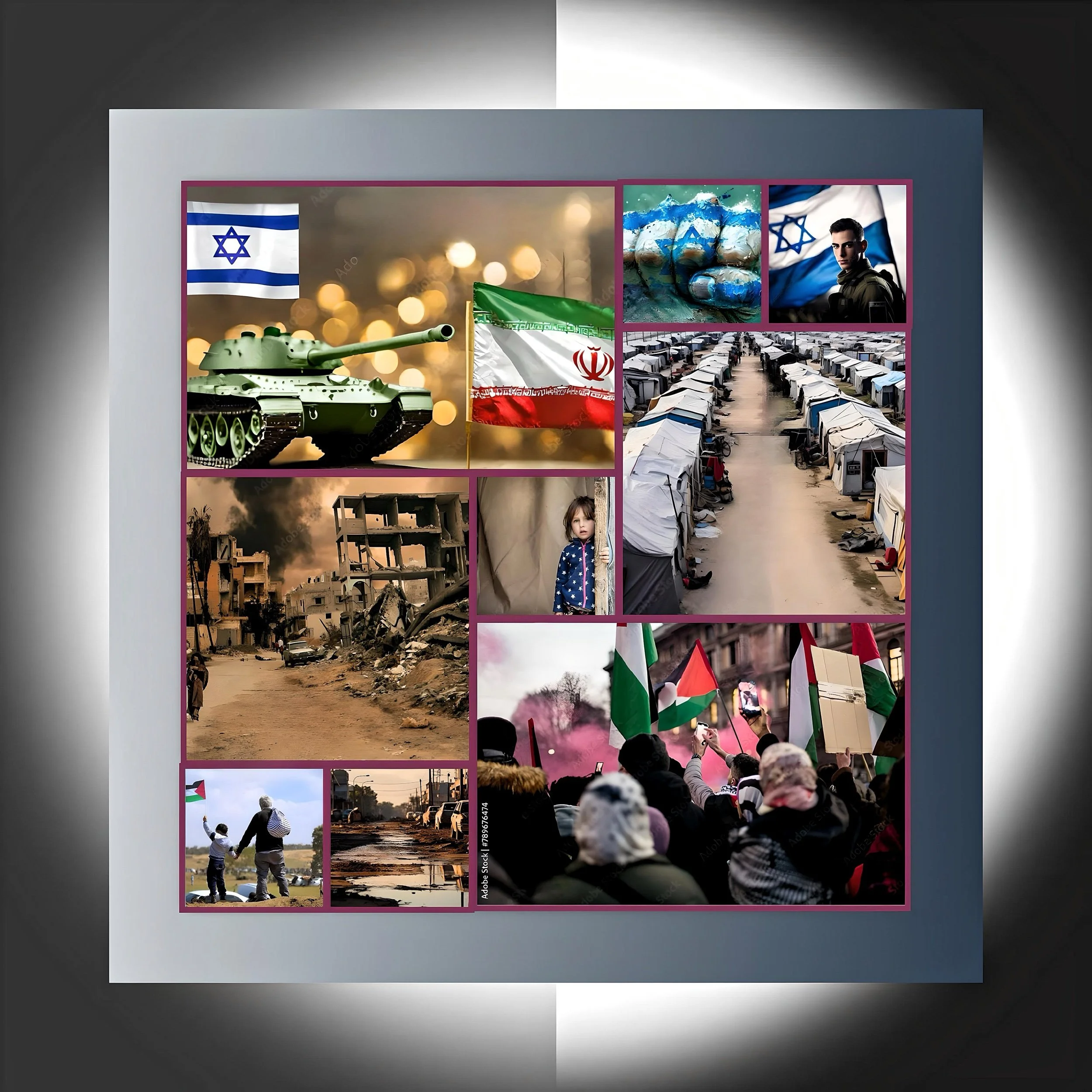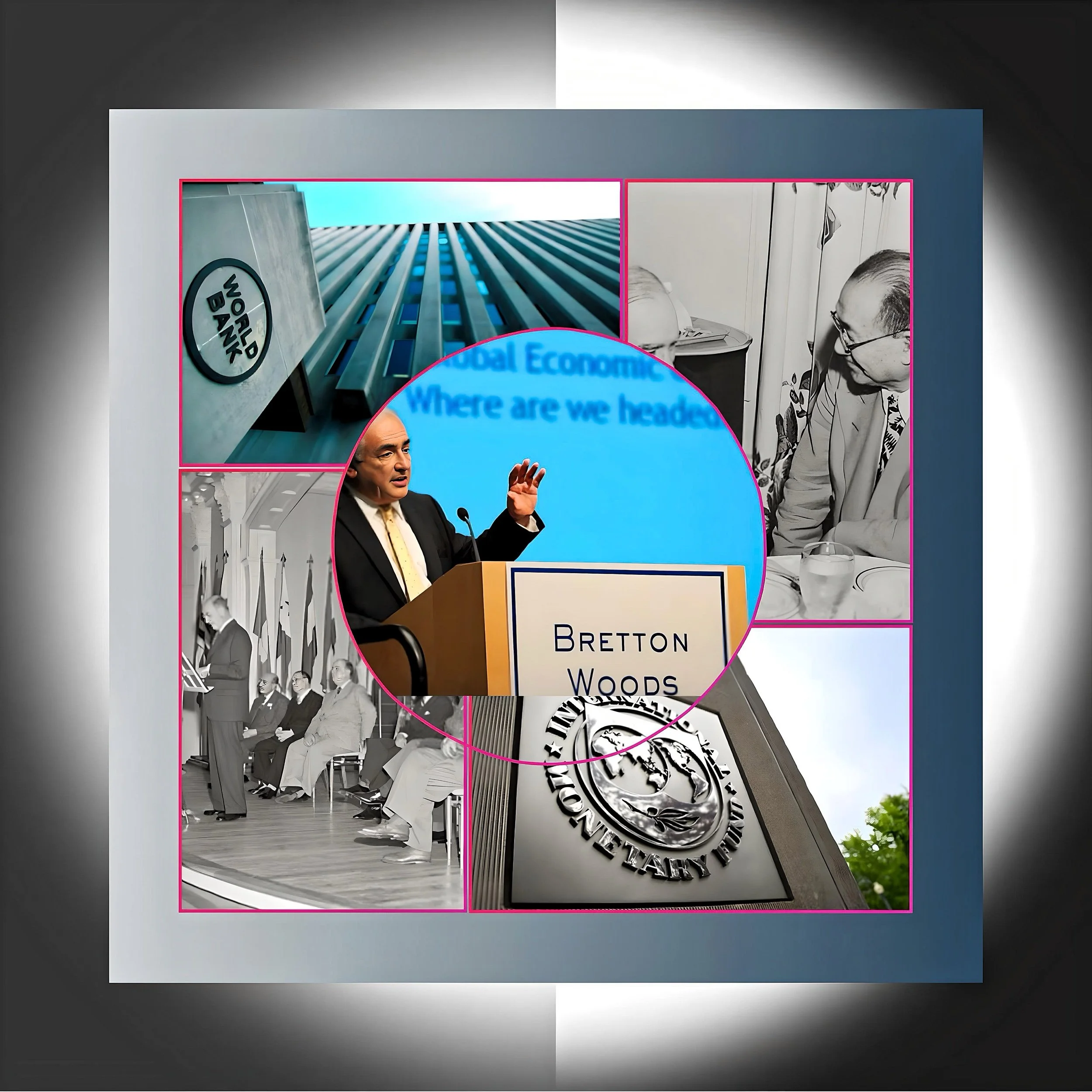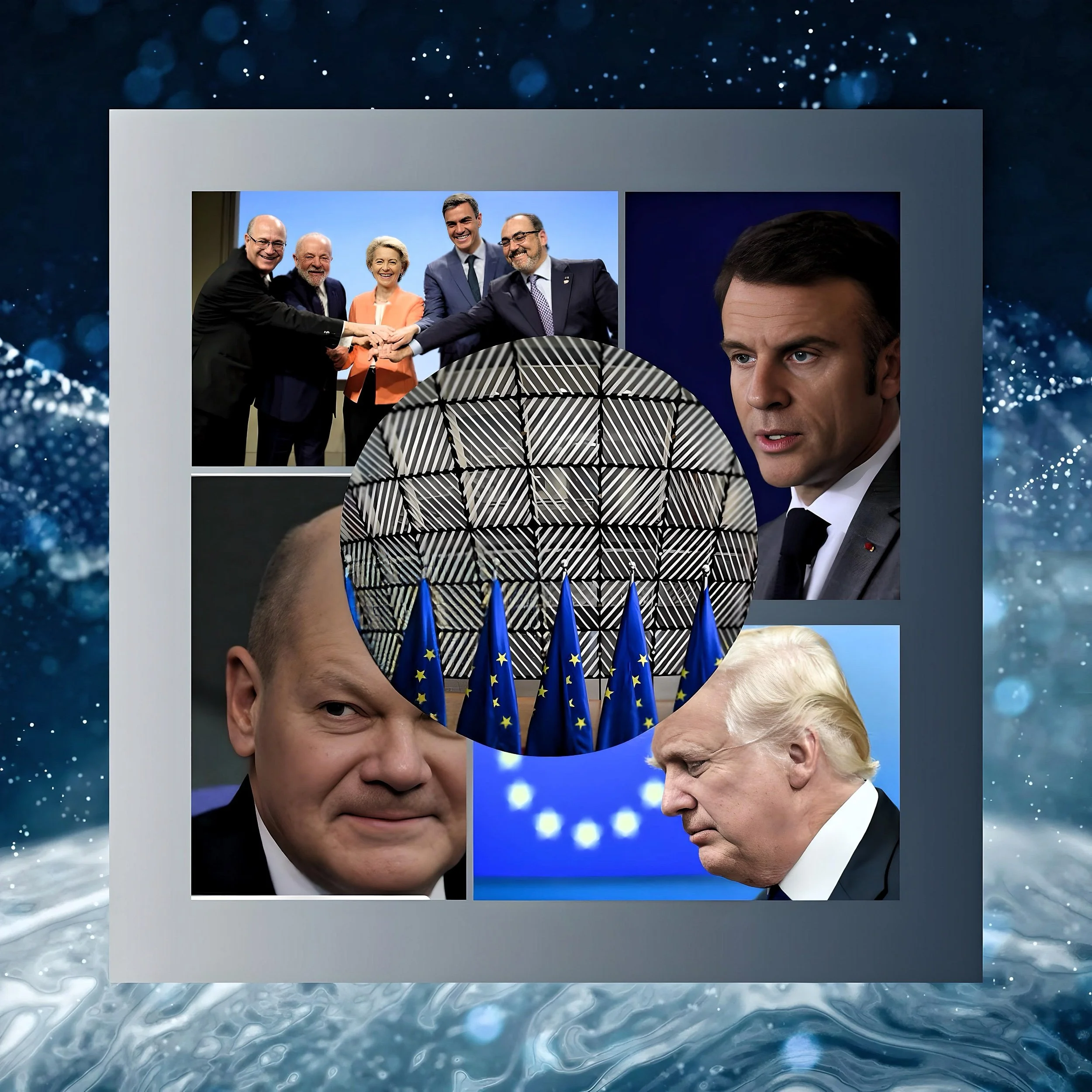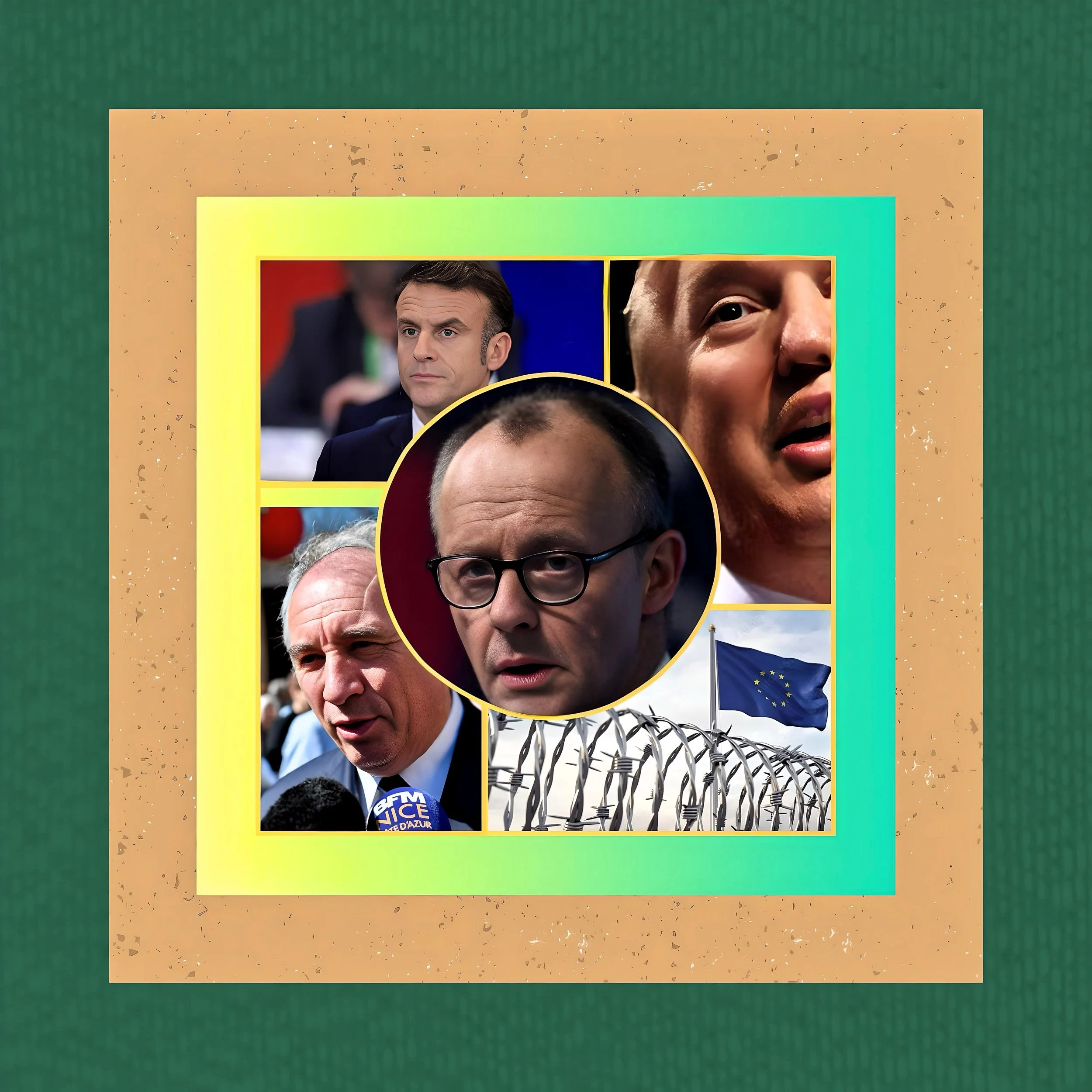France and Algeria: Navigating a Complex Relationship Amidst Diplomatic Tensions and Historical Legacy
Introduction
The relationship between France and Algeria remains one of the most intricate and emotionally charged diplomatic landscapes in modern Europe-North Africa relations.
Rooted in 132 years of colonial rule and a brutal war of independence (1954–1962), the bilateral ties have oscillated between cautious cooperation and outright hostility. Since 2021, President Emmanuel Macron’s administration has sought to recalibrate this relationship through historical reconciliation efforts, economic partnerships, and security collaborations.
However, recent tensions over immigration policies, France’s recognition of Moroccan sovereignty in Western Sahara, and the detention of Franco-Algerian writer Boualem Sansal have exposed enduring fractures.
FAF reviews the multidimensional drivers of Franco-Algerian tensions, Macron’s attempts at diplomacy, and the structural challenges impeding lasting reconciliation.
Historical Context: Colonial Legacy and the Weight of Memory
The Colonial Era and War of Independence
France’s colonization of Algeria began in 1830, marking the start of a period characterized by systemic exploitation, cultural erasure, and violence.
By the mid-20th century, Algeria’s struggle for independence escalated into an eight-year war that claimed an estimated 1.5 million Algerian lives. The conflict left deep scars on both nations, with France only formally recognizing the war as a “war” in 1999, decades after its conclusion.
Algeria’s national identity remains inextricably tied to its resistance against French rule, while France has grappled with reconciling its colonial past with contemporary human rights and multiculturalism values.
Macron’s presidency initially signaled a shift toward acknowledging colonial atrocities. In 2018, he recognized the use of torture by French forces during the war, a first for a French leader. However, his subsequent refusal to issue an official apology—framed as a rejection of “repentance” in favor of “truth and recognition”—has limited progress.
Algerian officials and scholars argue that France’s reluctance to confront its past fully perpetuates a “political-military system” that instrumentalizes historical grievances. This tension resurfaced sharply in October 2021, when Macron allegedly questioned Algeria’s pre-colonial nationhood, prompting Algiers to recall its ambassador.
Macron’s Diplomatic Overtures and the 2022 Reset
The 2022 Visit and Joint Commission on Historical Memory
In August 2022, Macron embarked on a three-day visit to Algeria, accompanied by a 90-member delegation that included ministers, business leaders, and cultural figures.
The trip aimed to leverage Algeria’s strategic importance as a gas supplier amid Europe’s energy crisis triggered by the Russia-Ukraine war. Notably, Algeria provides 8–9% of the EU’s natural gas imports, which surged in 2022 as European nations sought alternatives to Russian energy.
Central to the visit was announcing a joint Franco-Algerian commission of historians to examine colonial-era archives and war atrocities.
Macron framed this initiative as a pathway to “truth and recognition,” stating, “I want the truth. Otherwise, we’ll never move forward.”
Algerian President Abdelmadjid Tebboune welcomed the gesture, hailing “promising prospects for a special partnership.” However, the commission’s work has since stalled, with critics noting the absence of tangible outcomes, such as reparations or access to classified military documents.
Economic and Security Cooperation
Beyond symbolism, the 2022 reset emphasized pragmatic collaboration. France pledged €100 million in development aid for Algerian startups and renewable energy projects, while TotalEnergies signed a $1.4 billion agreement to develop gas fields in the Ahnet Basin.
Security cooperation also advanced, with joint counterterrorism exercises in the Sahel and intelligence-sharing agreements targeting human trafficking networks.
These efforts reflected Macron’s goal of positioning France as a mediator in North African conflicts, particularly in Libya and Mali.
Escalating Tensions: Western Sahara, Immigration, and the Sansal Affair
France’s Recognition of Moroccan Sovereignty Over Western Sahara
A pivotal rupture occurred in July 2024, when Macron endorsed Morocco’s autonomy plan for Western Sahara, a territory Algeria has long supported for independence through the Polisario Front.
Algeria condemned the move as a “betrayal” and “blatant interference,” recalling its ambassador and postponing President Tebboune’s planned visit to Paris indefinitely.
The decision exacerbated existing grievances, with Algiers accusing France of prioritizing its alliance with Morocco—a key trade partner—over historical ties to Algeria.
Immigration and the Mulhouse Attack
Tensions reached a boiling point in February 2025 following the Mulhouse stabbing incident, where a 37-year-old Algerian national residing illegally in France killed one person and wounded seven others.
The attack intensified debates over France’s immigration policies and Algeria’s refusal to accept deported nationals under a 1994 bilateral agreement.
Interior Minister Bruno Retailleau spearheaded a hardline response, threatening visa restrictions and reduced aid unless Algeria cooperated on repatriations. Macron echoed this stance, stating, “Agreements mandating the automatic return of nationals must be fully respected.”
Algeria, however, has rejected what it terms “diktats,” arguing that France’s visa reductions in 2021—which slashed permits by 50%—violated the principle of mutual respect.
The standoff underscores a broader clash: France views immigration control as a sovereignty issue, while Algeria frames non-cooperation as resistance to neo-colonial pressure.
The Detention of Boualem Sansal
Compounding these strains is the case of Boualem Sansal, a Franco-Algerian writer arrested in Algiers in November 2024 on charges of “undermining national security.” Sansal, a vocal critic of authoritarianism and Islamism, faces up to 10 years in prison for essays criticizing the Algerian government.
Macron has denounced his detention as “arbitrary,” linking Sansal’s release to improved bilateral trust. Algerian officials, however, accuse France of “unacceptable interference,” reflecting sensitivities over perceived encroachments on sovereignty.
Energy Security and Economic Interdependence
Algeria’s Gas Diplomacy
Despite political friction, energy ties remain a stabilizing force. Algeria supplies 25% of France’s natural gas imports, a dependency underscored by the 2022 energy crisis.
In 2023, Sonatrach, Algeria’s state energy firm, signed a $4 billion deal with Engie to increase LNG exports to France through 2030. This economic interdependence tempers outright confrontation as both nations recognize the mutual benefits of energy collaboration.
Trade Imbalances and Investment Challenges
Economic relations remain asymmetrical. France is Algeria’s fifth-largest trading partner (€8.2 billion in 2024), while Algeria ranks 28th for France, reflecting a trade deficit favoring French exports.
Algerian officials have criticized France for inadequate investment in non-energy sectors, such as manufacturing and technology, which could reduce reliance on hydrocarbons. Macron’s 2022 pledge to support Algerian startups has yielded modest results, with only €30 million disbursed by 2025.
The Role of Diaspora and Cultural Ties
The Franco-Algerian Community
Over 6 million French citizens claim Algerian heritage, forming France's largest diaspora community from a single foreign nation. This population, concentrated in cities like Paris and Marseille, serves as a bridge and a battleground.
While cultural exchanges—such as the 2022 Rai music festival in Oran—foster goodwill, systemic issues like discrimination and socioeconomic marginalization fuel alienation. Macron’s plea to avoid “caught up in these debates” underscores the diaspora’s vulnerability to political crossfire.
Historical Memory in Popular Culture
Films like Hors la Loi (2010) and La Bataille d’Alger (1966) continue to shape public perceptions of colonialism.
Macron’s 2022 visit included a stop at the Oran record shop responsible for popularizing Rai music, symbolizing efforts to celebrate shared cultural heritage.
However, grassroots initiatives often clash with state narratives; for instance, the Algerian government banned the French documentary Algérie, Mon Amour (2023) for its “neo-colonial lens.”
Current Impasse and Pathways Forward
Diplomatic Stalemate
As of March 2025, relations remain deadlocked. Algeria insists on formal apologies for colonial crimes and non-interference in domestic affairs, while France demands cooperation on immigration and Sansal’s release. Macron’s warning against “political games” reflects frustration with Algeria’s transactional approach. Notably, it's leveraging energy exports to resist pressure.
Recommendations for Reconciliation
Historical Accountability: Accelerate the work of the joint historical commission with a mandate to declassify colonial archives and establish a reparations framework.
Immigration Compromise: Revise the 1994 repatriation agreement to include safeguards against deporting individuals facing persecution, addressing Algeria’s humanitarian concerns.
Energy Partnerships: Expand French investment in Algeria’s renewable energy sector, aligning with EU decarbonization goals while reducing asymmetry.
Cultural Diplomacy: Establish bilateral grants for joint film and academic projects to reframe historical memory beyond state narratives.
Conclusion
Franco-Algerian relations epitomize the challenges of reconciling historical trauma with contemporary pragmatism.
Macron’s tenure has seen bold overtures and severe setbacks, reflecting the inherent difficulty of balancing moral accountability with geopolitical imperatives.
While energy interdependence and diaspora ties provide a foundation for dialogue, lasting reconciliation requires addressing power, memory, and economic opportunity asymmetries.
As both nations navigate a shifting global order—marked by energy transitions and regional instability—the path forward demands diplomatic gestures and a genuine reckoning with the past to forge a mutually respectful future.






